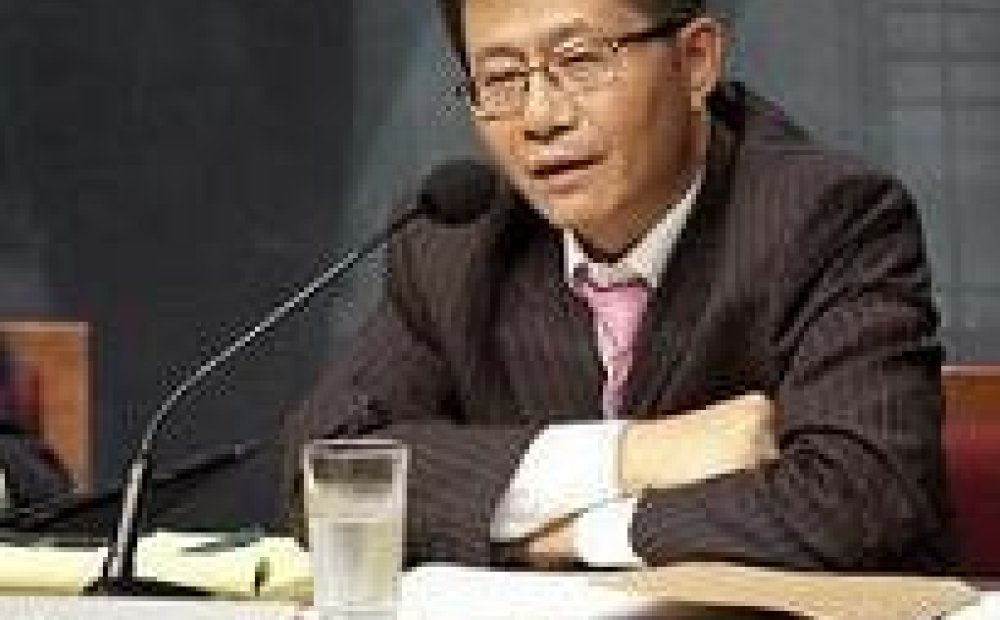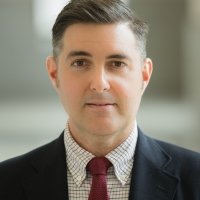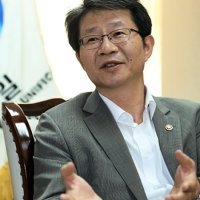The Korean Workers' Party Third Conference: What Is It All About?

On September 28, the ruling Korean Workers' Party (KWP) convened its Third Conference in Pyongyang. The political gathering was used as a platform to unveil a number of leadership changes, including the appointment of Kim Jong Il's third son, Kim Jong Eun, as a Vice Chairman of the Central Military Commission. This was the first Party Conference in over 44 years and the first meeting of the KWP of any sorts since the 21st Plenary Session of the 6th Central Committee in December 1993. Despite the long interval since any party meetings were held, the conference lasted just one day. By contrast, the First and Second Party Conferences, held in 1958 and 1966, lasted four days and seven days respectively.
According to Kihljae Ryoo, Professor at the University of North Korean Studies and Public Policy Scholar at the Woodrow Wilson International Center for Scholars, the previous Party Conferences were held in the midst of two of the three major purges in KWP history. The First Conference was held shortly after the so-called "August Factional Incident" of 1956 when critics of North Korean founder Kim Il Sung's cult of personality and development strategies were expelled from the KWP. The 1966 Conference made changes to the leadership structure of the Central Committee that were opposed by members of the Kapsan Operation Committee, all of whom were purged at the 15th Plenary Session of the 4th Central Committee in May 1967. Ryoo described 1967 as perhaps the most important year in the history of North Korea since Kim Il Sung's authority was unassailable from that point forward. Moreover, the removal of the so-called "Kapsan faction" facilitated the succession of Kim Jong Il, formally announced at the 6th Party Congress in 1980.
Ryoo noted that because of the closed nature of the regime and the limited availability of sources, it is difficult to surmise why North Korea's leaders chose to resurrect such a long-dormant venue as the Party Conference after 44 years to announce changes to the leadership and a possible successor. According to Ryoo, normal methods of academic inquiry don't work when studying North Korea. Analysts of North Korea are often forced to rely on the testimonies of defectors, businessmen, and aid workers to figure out what is happening in Pyongyang. He observed that what some term "Pyongyangology," the art of studying North Korea's opaque political system, "is not a real science." The most useful method for learning about the North, he suggested, is through the study of Cold War era documents which identify deeper continuities in DPRK policies. One particular lesson from the Cold War era that should be studied to better understand the current succession process is the rise of Kim Jong Il. Ryoo noted that Kim Jong Il first became involved in political affairs in 1967, and was tapped as successor in 1974. This was formally announced in 1980. Kim Jong Il thus had over twenty years to establish a power base before taking over the reigns of power following Kim Il Sung's death in July 1994. Ryoo suggested that Kim Jong Eun may encounter difficulties if his father's health is as bad as reported, since he may not have enough time to build a power base of his own.
According to Ryoo, we are able to infer a few things about the Third Party Conference by comparing it with the previous gatherings of 1958 and 1966, and from the details made available through the North Korean media. First, this gathering appears to have been orchestrated by Kim Jong Il himself to introduce his son to the world. There were no significant changes to the administrative bodies of the Central Committee, and no other major announcements were made as in 1958 and 1966. Even the timing of the announcement that Kim Jong Eun and Kim Kyong Hui, Kim Jong Il's sister, had been designated four-star generals, which occurred around midnight Pyongyang time, seems to have been carefully orchestrated by the North Korean leader. Ryoo suggested that the announcement was directed toward the United States in an effort to demonstrate to Washington that there would be a smooth transition of power in the North.
Although Kim Jong Il's brother-in-law Jang Song Taek was not promoted to a higher position, as most observers had expected, many of his intimate friends and aids were promoted. The most dramatic of these promotions was that of Ri Yong-ho, the Commander of the General Chiefs of Staff of the Korean People's Army, who was appointed as one of five members of the Standing Committee of the Politburo. Ri is now positioned to be one of the top leaders of the KPA alongside Kim Jong Il and Kim Kyong Hui. Ryoo suggested that this does not necessarily reflect poorly on the position of Jang. "It doesn't need to be interpreted as a sign that Jang's authority was downgraded, but that he is very reluctant to elevate himself."
As for the postponement of the conference, which was initially scheduled to take place in the first "1/3 of September," Ryoo suggested that it likely had little to do with the health of Kim Jong Il, as many defectors organizations speculated. "Video showed Kim Jong Il looking very strong and healthy." Kim Jong Il, Ryoo opined, probably had not made up his mind about some issues and appointments, and therefore delayed the meeting.
Finally, Ryoo predicted that the Third Party Conference does not signify a revival of the KWP, which had been largely sidelined by the National Defense Commission, a state organ that was elevated after Kim Jong Il declared the "Songun," or "Military First" era.
Drafted by James F. Person
Christian F. Ostermann, Director, History and Public Policy Program.
Speakers

Professor of Korean Studies and Asia Programs, JHU SAIS; Senior Fellow, Foreign Policy Institute, SAIS

Minister of Unification, Ministry of Unification, South Korea Professor, University of North Korean Studies, South Korea
Hosted By

North Korea International Documentation Project
The North Korea International Documentation Project serves as an informational clearinghouse on North Korea for the scholarly and policymaking communities, disseminating documents on the DPRK from its former communist allies that provide valuable insight into the actions and nature of the North Korean state. Read more


History and Public Policy Program
A leader in making key foreign policy records accessible and fostering informed scholarship, analysis, and discussion on international affairs, past and present. Read more


Indo-Pacific Program
The Indo-Pacific Program promotes policy debate and intellectual discussions on US interests in the Asia-Pacific as well as political, economic, security, and social issues relating to the world’s most populous and economically dynamic region. Read more
